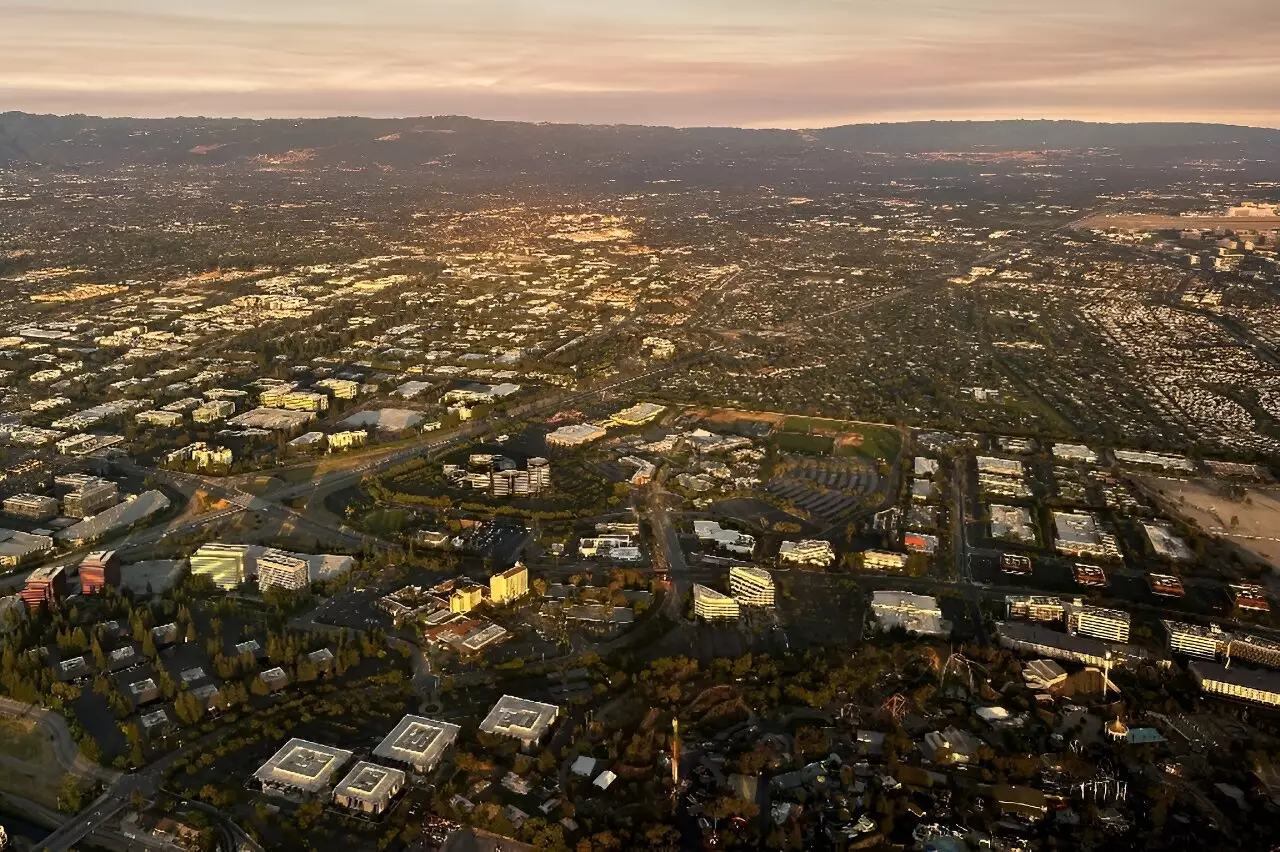In the ever-evolving world of technology, it is not uncommon to see promising startups being absorbed by tech giants in the industry. Silicon Valley, known for its innovation and entrepreneurial spirit, has witnessed a recent trend where startups in the generative AI space are being acquired or forming close ties with US tech behemoths. Companies like Inflection AI and Adept have experienced key founders and executives quietly leaving their companies to join major tech corporations through discrete transactions. Despite claims from companies like Microsoft and Amazon that these are not acquisitions, critics believe otherwise.
While some startups are struggling to raise the funds necessary to maintain their independence, others are reportedly vulnerable to being bought out by tech giants. The need for significant capital to fuel the advancements in generative AI has led many startups to align themselves with tech giants like Microsoft, Amazon, and Google, who have the financial resources to support such ventures. This trend marks a departure from the traditional narrative of Silicon Valley startups growing from humble beginnings in a founder’s garage.
Shift in Entrepreneurial Journey
Generative AI, a technology that requires substantial computing power and resources, is often spearheaded by former research leaders from big tech companies. These founders are looking to replicate the well-funded research lab environment that they were accustomed to, which is only feasible with the resources provided by large cloud service providers. The exodus of talent from companies like Google and OpenAI to startups underscores the shift in the entrepreneurial journey within the AI space.
Consequences of Aligning with Tech Giants
While partnering with established tech giants can provide startups with the necessary resources to thrive, it also raises concerns about stifling competition and innovation. As major tech companies continue to acquire smaller firms, there is a looming fear that creativity and diversity in the industry may be compromised. The consolidation of power in the hands of a few tech giants has sparked debates about the implications for competition and regulatory oversight in the tech industry.
The growing trend of tech giants acquiring AI startups has caught the attention of regulators in the US, Europe, and the UK. Antitrust concerns have been raised regarding the acquisition deals between companies like Microsoft and Inflection, as well as Amazon and Adept. While some experts believe that antitrust enforcers may have difficulty blocking these arrangements, regulators have signaled a commitment to ensuring that big tech companies do not monopolize the AI industry.
Regulation Catching Up to AI
The joint statement from US, European, and UK regulators signifies a shift towards greater oversight of tech giants and their acquisitions in the AI sector. This move underscores the need for regulatory frameworks to keep pace with the rapid advancements in AI technology. As the industry continues to evolve, the balance between innovation, competition, and regulation will remain a critical issue for policymakers and industry stakeholders alike.
The ongoing trend of tech giants acquiring AI startups reflects a broader shift in the landscape of innovation and entrepreneurship. While the infusion of capital and resources from major corporations can fuel the growth of startups in the AI space, it also raises important questions about competition, innovation, and regulatory oversight. As the tech industry continues to evolve, finding the right balance between fostering innovation and preventing monopolistic practices will be key to shaping the future of AI development.


Leave a Reply